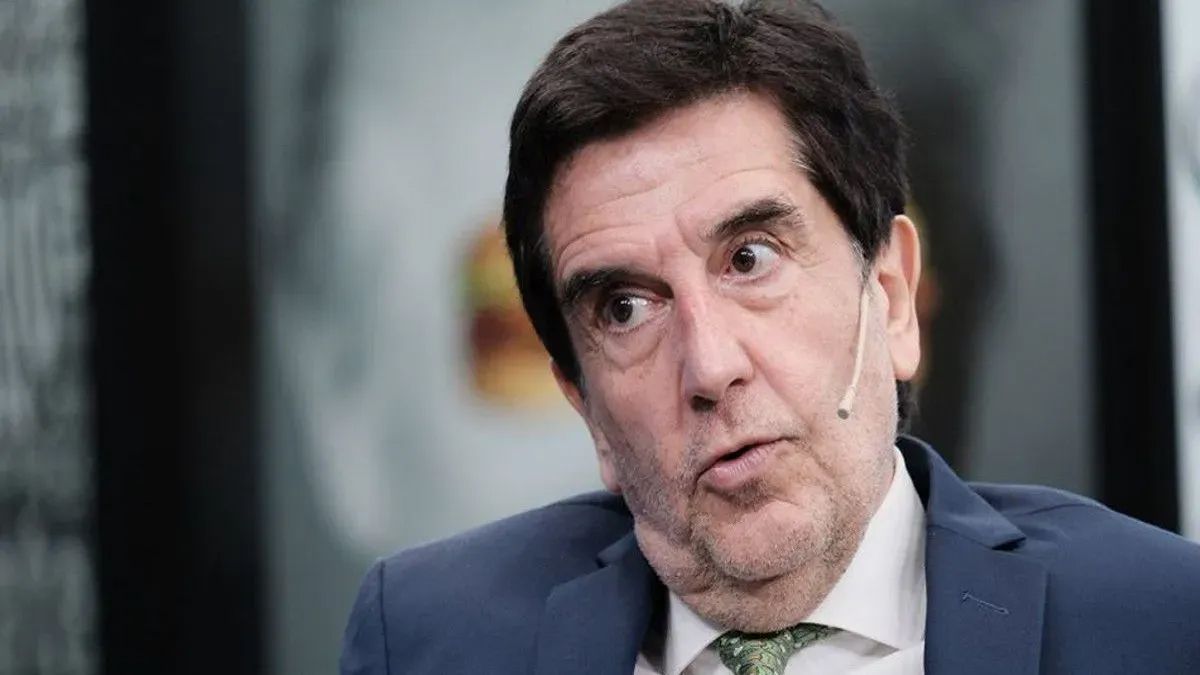The economist Carlos Melconian offered a detailed analysis of the economic performance of Javier Milei in his first year as president. Although he recognized progress in fiscal and monetary stability, he questioned the lack of fulfillment of key campaign promises, such as dollarization and the closure of the Central Bank.
According to Melconian, these proposals appear to have been electoral “workhorses” rather than realistic goals.
Dollarization and fiscal policy: unfulfilled promises
During an interview, Melconian described dollarization as a campaign tool that, in practice, was not implemented. He stated that, from the beginning, he was critical of the promises to dollarize and reduce taxes, anticipating that fiscal restrictions and the lack of reserves would make it unviable. “Today it was not dollarized, pending imports were not paid and taxes have not been reduced,” he stated.
Adjustment and “controlled” monetary expansion
Despite his criticisms, the economist highlighted positive aspects of current monetary management. According to Melconian, the government has avoided uncontrolled issuance in the style of the “platita plan” and has managed to expand the monetary base through dollar purchases and a reactivation of credit. This strategy, which he calls “holy water faucet,” is making the peso accepted again in the local economy.
Dollar and competitiveness
Regarding the exchange rate, Melconian stressed that the official dollar shows an appreciation of the peso close to 30%, a level comparable to that observed during convertibility.. However, he warned that this appreciation increases the “Argentine cost” in dollars, a factor that could affect competitiveness in the medium term.
Balance and future challenges
Melconian concluded, in the dialogue with TN, that the economic program is on the right track, although with significant limitations. He stressed the need to maintain fiscal balance and avoid an overvaluation of the peso that would harm the real economy. With his critical but constructive outlook, the economist makes it clear that the path to a solid recovery still faces important challenges.
The former president of Banco Nación identified that the way in which the Government issues is not with “the faucet that comes out with poisonous water”, given that there, in the Central Bank “it contracts the fiscal”, but rather it issues “to buy dollars and because credit has reappeared.” “That is a tap of holy water,” he illustrated. “It is a three-digit monetary expansion that coexists with disinflation because people are accepting the peso,” he said.
On the other hand, he referred to the current value of the official and blue dollars, after during the week, the parallel was located below the official one. “The $800 from December brought to today is $1,400 or $1,500. That, with $1,000 today, is a 30% appreciation. The same level that convertibility had in one year and that Martínez de Hoz also had,” he explained.
Along the same lines, he reflected that “the Argentine cost in dollars rose” through the appreciation of the peso, and that “we should not make the mistake of comparing against the free exchange rate,” in reference to the cost of products in dollars compared to other countries in the region. Melconian stressed that the dollar currently “is at a borderline” and that although “it cannot be disqualified by talking about backwardness,” the Government “has nothing left over.”
Source: Ambito
I am an author and journalist who has worked in the entertainment industry for over a decade. I currently work as a news editor at a major news website, and my focus is on covering the latest trends in entertainment. I also write occasional pieces for other outlets, and have authored two books about the entertainment industry.




